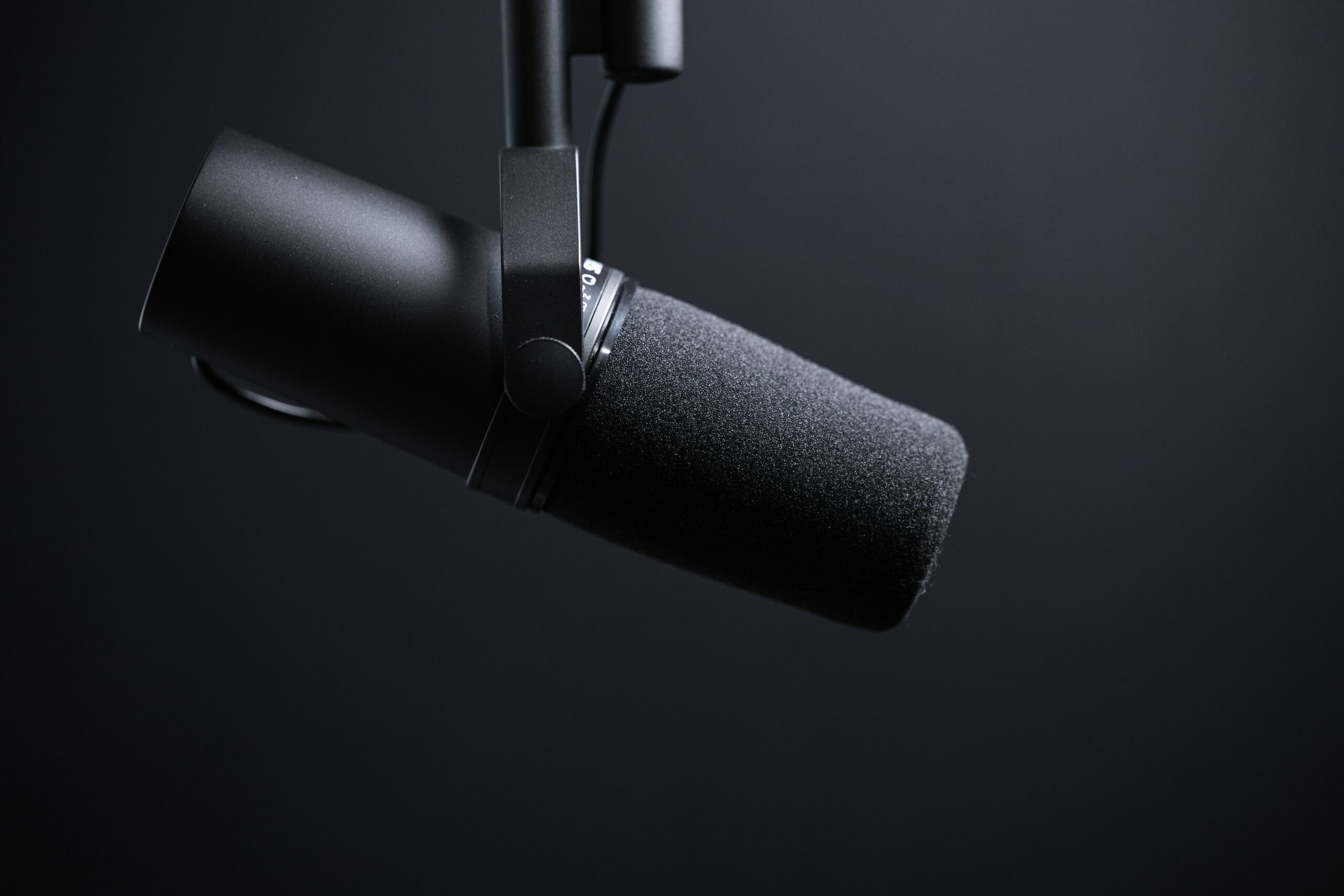In the world of personal growth and optimizing human potential, self-reflection isn’t just important — it’s indispensable. Think of it as running diagnostics on your mental software. By diving into self-reflection, you’re not just skimming the surface; you’re mining for deep-seated insights, identifying recurring loops, and recalibrating your life’s trajectory.
Now, let’s get tactical. Different self-reflection strategies are like varied workout regimens for the psyche. They allow you to dissect emotions, pinpoint their origins, and map out the ‘whys’ behind your ‘feels’. Each nugget of intel you gather is a step closer to mastery of the self — the ultimate personal growth hack.
For the past 4 years I’ve buried myself in self-reflection and exploring my emotions. Why? Because I hit a wall of frustration and I needed to change. If you’re looking to venture into the rich terrain of self-reflection or simply upgrade your emotional exploration, I want to share with you a toolkit — a few tips and practices that I’ve field-tested for you.
Table of Contents
What is Self-Reflection?
Consider self-reflection as the mental equivalent of staring at yourself in the mirror. But it’s not just about any glance — it’s that brutally honest, scrutinizing gaze. When you peer into a mirror, there’s no AI-enhanced filter, no real-time Photoshop. It’s raw, unedited, and 100% you.
Dive into the realm of self-reflection, and what you get is a hyper-attuned sense of consciousness. It’s a backstage pass to your psyche, granting access to your mental frameworks, ideologies, choices, emotions, and even those knee-jerk reactions you thought were involuntary.
In the grand theater of personal growth, three actors often steal the show: self-awareness, emotions, and, of course, self-reflection. It’s a dynamic trio, performing in tandem. To truly embark on the journey of self-reflection, the compass of self-awareness is non-negotiable. It’s this compass that shifts you from autopilot (dozing through life’s movie) to manual mode (being the director of your own blockbuster).
Initiating this introspection, you’re bound to ruffle some emotional feathers. Remember, delving deep is not a breezy walk in the park. It’s like diving into the depths of your psyche, where emotions, particularly the ones you’ve tucked away, can surge like tidal waves.
But here’s the twist: Emotions aren’t just by-products; they’re illuminators. They cast light, bring clarity, offer catharsis, and gift insights.
In essence: Awareness is your spotlight, emotions are your guide, and self-reflection? That’s your roadmap, helping you navigate and recalibrate your life’s adventure.

The Connection Between Emotions and Personal Growth
Allow me to peel back the curtain on my own saga, a testament to the intricate dance between emotions, self-reflection, and the ever-elusive personal growth.
Picture this: a version of me, blissfully ignorant of “emotional regulation.” Heck, I couldn’t even tell you what those two words, juxtaposed, meant. Flashback to the start of 2020, and therapy unveiled what kind of emotional chaos I was in.
I was the archetype of emotional evasion. On the verge of a breakdown, I’d resort to frenzied pacing around the house. Facing distress, I was the proverbial deer in headlights, paralyzed, unable to comfort my inner turmoil. The grand finale? Absorbing others’ emotions like a sponge, with little discernment between theirs and mine.
I had no emotional literacy. No inkling of my emotional currents, their origins, or how to channel them.
Fast-forward through a three-year journey in therapy, and the metamorphosis is palpable. Now, I pilot my emotional ship with precision. Feelings arise, and I greet them, understand them, guide them. I’ve built a firewall between my emotions and those of others — a boundary, not a barrier.
The ripple effect? A quantum leap in personal growth. This voyage into the heart of emotion has handed me the tools for healthier boundaries, self-sustenance, and more.
The formula, distilled: Harnessing emotions -> Decoding oneself -> The zenith of personal growth.
Self-Reflection Techniques to Explore Your Emotions
Since emotions play a lead role in personal growth, let me unveil a self-reflection toolkit that can help you explore your emotions. These tools aren’t just theoretical; they’ve been instrumental in my personal growth journey over the last 6 years.
The 3 practices listed below are quite different from one another. Read through them, see which one speak to you the most, and start there. However, I do recommend that you take them all for a test drive, even if there’s initial resistance.
Things that we resists often bring the most growth. 😉

1. Journaling Q&A
It’s no secret that I love journaling and it has been one of my favorite practises with the best return-on-investment when it comes to awareness and and personal growth.
For the seasoned journaling enthusiasts out there, this exercise may offer a different approach to journaling. If not, feel free to move onto the next tool. But if you’re just dipping your toes in the cosmos of personal growth, this is a great starting point.
In this exercise you will be conducting a Q&A with yourself via a journal. The questions below will help you reflect on your emotions and recent emotional experiences. Grab a journal and a pen and answer the 5 questions below.
P.s. I’m well aware that you might think to yourself ‘ugh, I reallyyy don’t feel like answering these questions, what’s the point?’ But trust me – if you want to work on self-reflection and personal growth, exploring your emotions is essential. Give this exercise a chance!
The 5 Q&A Questions:
- Recognition of Emotions: When was the last time you felt an emotion you couldn’t name or describe? Try to recall the situation and the sensations you experienced. What might be a label for that emotion?
- Triggers and Responses: Think about a recent time when you had a strong emotional reaction (e.g., anger, sadness, panic, excitement). What specifically triggered that emotion and how did your response impact the situation or the people around you?
- Patterns of Feeling: Reflect on the past month. Can you identify any recurring emotional patterns or themes? For instance, do you consistently feel anxious on Sunday evenings, or do you find yourself feeling unexpectedly joyful in certain situations?
- Caretaker Emotional Legacy: Reflect on how your primary caregivers (be it parents, guardians, or others) typically dealt with their emotions. How do you see their coping mechanisms mirrored, or perhaps contrasted, in your own emotional responses today?
- Charting Your Emotional Course: Reflect on your emotional journey. Do you need tools to manage intense feelings, or do you seek to learn how to feel your feelings after years of suppression? What specific practices, tools, or changes do you believe could bridge the gap between your current emotional state and where you aspire to be?
If you enjoy journaling and want to try some different self-expression techniques for journaling, check out Creative Journaling for Self-Expression.

2. Narrating Your Emotional Experience
Over the past decade, one exercise has consistently remained in my toolkit. I have no idea how I even came up with it as a 15 year old, but its wonderful effects only dawned on me in the last four or so years.
This exercise is best utilized in the midst of an emotional experience – whether you’re feeling happy, frustrated, angry, excited, or disappointed. The next time you find yourself feeling intense emotions, dive into this exercise.
It’s simple and a tad unconventional. The best part? You can do it anywhere.
Try to be as honest and un-censored as possible. The only person that will ever hear the words that are being spoken is you. You don’t have to share it with anyone.
Narrating Your Emotional Experience Exercise:
- Whenever you find yourself in an emotional experience (whether your partner triggered you and you’re upset or you completed a project and you’re feeling hella excited), do this exercise.
- Grab your phone, computer, or another device that has a voice-recording function. (Most computers & phones have a function to record voice memos).
- Turn the recording on and begin narrating the emotional experience that you’re having. (i.e. “Alright, I’m feeling so frustrated about what my partner said. I feel it is completely unfair and ridiculous that he thinks I ALWAYS run late when in reality it only happens occasionally. I mean, even if I do run late, why is he so bother by it? He should relax and stop being so uptight. If there’s one person that has time management issues…”
- If narrating your experience feels odd and uncomfortable, just imagine that you are on the phone with your best and most trusted friend. Rant or rave about what you’re feeling and why you’re feeling this way.
- Once you feel you’ve said it all, stop the recording.
- Don’t listen back to it.
A few days after you’ve done the recording, and the emotions have worn off, go back to it and re-listen. I know it might feel awkward to listen to your own voice, especially when you’re detailing what you’re feeling, but don’t shy away.
Listen to the recording and imagine that the person who’s talking is a friend of yours. Jot down some notes. What are you hearing? What are you interpreting from the situation? What advice/words of understanding would you offer to the person who’s talking?
In the example excerpt listed in the instructions, you might hear that the person on the phone sounds very hurt and frustrated by their partners reaction to them being late. However, it also seems that they then turn the situation around and begin blaming their partner.
Why is that? Perhaps the speaker feels very hurt, and as a result of self-protection, begins to project onto the other. It’s a defence mechanism, After all, if we blame and point fingers, we don’t have to spend time reflecting on our own emotions and behaviors.
This exercise is meant to help you take an outsiders perspective and reflect on your emotional experiences and reactions

3. Gathering Feedback
The final exercise is not for the faint of heart. The first time I did it I felt very awkward and uncomfortable. However, the insights gained from it were well worth it.
You don’t know what you don’t know
Socrates
At the end of the day, we all have our blind spots. These subconscious habits, knee-jerk reactions, and elusive patterns play on loop without our conscious recognition. We may be able to reflect on a situation after it has happened and ponder how we could’ve approached it differently.
However, there exists a domain of things that we don’t know that we don’t know. The deep-seated blind spots. So, who better to illuminate our emotional habits than from those who know us the most intimately?
This exercise will require trust and vulnerability from you and the feedback-offering partner. Therefore, choose wisely. Whether it’s a family member, trusted friend, or romantic partner, make sure they have your best interest at heart.
There shouldn’t be any blame or criticism. This is not a ‘Ah, finally I can willingly criticise you and tell you what’s wrong with you’ conversation. You want to make sure that the individual wants to contribute to your personal growth and therefore is willing to offer honest and loving feedback that will help.
This exercise by far is the hardest (your ego won’t like it) and requires plenty of vulnerability and humility. Try to put your ego to the side and listen carefully to the gift that your chosen individuals are offering you.
How To Gather Feedback:
- Think of 2 trusted individuals whom you think can offer you valuable insight into your emotional habits and reactions
- You can approach these individuals in-person, by calling or texting, and say:
“Hey. You know that you are very important to me and as my family member/best friend/partner, I trust you and value your opinion. You are also someone that knows me really well. I am wanting to understand myself better and are aware that I might have certain habits or patterns that I’m currently not aware of. If you’re open to it, I would love to ask you a few questions about myself and get your feedback and perspective. This is not about criticism or what I might be doing wrong. Rather, I am looking for an opportunity to learn more about myself.“
- When you find 2 individuals who have agreed to provide feedback, set a date and a time for this exchange. It’s best done in-person. However, a video meeting/call can also work. It’s important that you’re able to see each other (therefore it’s not done through voice notes, text messages, or calling).

The 5 Feedback Questions:
When the times comes for you to gather feedback, grab a pen and some paper so you can jot down what is being shared. Remain calm and maintain eye-contact. If something peaks your interest, ask some follow up questions.
Put your ego to the side and allow yourself to fully hear someone else’s feedback about you.
- Question 1: Have you noticed any recurring emotional patterns or habits in me? Perhaps ways I typically respond to stress, conflict, joy, or unexpected situations?
- Question 2: In your perspective, what emotional strengths do I consistently display? And, conversely, what emotional habits do you think I could work on?
- Question 3: When we’ve had discussions or disagreements, have you observed any consistent emotional responses from me? For instance, do I become defensive, withdraw, or become overly passionate?
- Question 4: Are there emotional reactions or tendencies you’ve observed in me that you think I might be unaware of? Something that might not align with how I perceive my emotional self?
- Question 5: Given all that we’ve discussed, what’s one piece of advice or insight you’d offer me as I embark on this journey of emotional self-awareness and growth?
Thank your partner for sharing the insights with you. Give the feedback some breathing room and put the notebook away for a few days. When you feel ready (and emotionally calm) come back to the notes you jotted down and the answers that your partner shared. Reflect on what was said.
What information was new? What was expected? What did you learn about yourself?
Exploring Your Emotions for Personal Growth
Personal growth isn’t just a trendy word that’s nice to drop in conversations. It’s a value and a commitment that needs to be lived. Talking about personal growth is easy, working on personal growth is challenging.
The 3 exercises shared have helped me reflect on my experiences, explore my emotions, and have undeniably contributed to my personal growth. I hope they help you, too.
If you would like to learn more about yourself through journaling, consider checking out my online class “Journaling for Self-Reflection”. Additionally, the book “How to Do the Work” by Nicole LePera might be a great companion on your personal growth journey.
